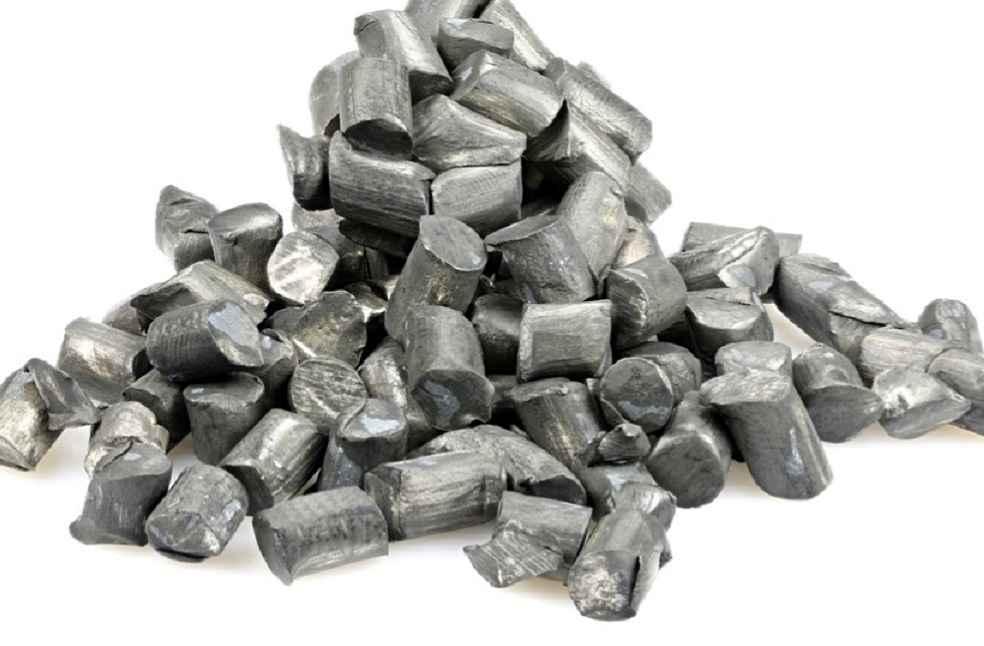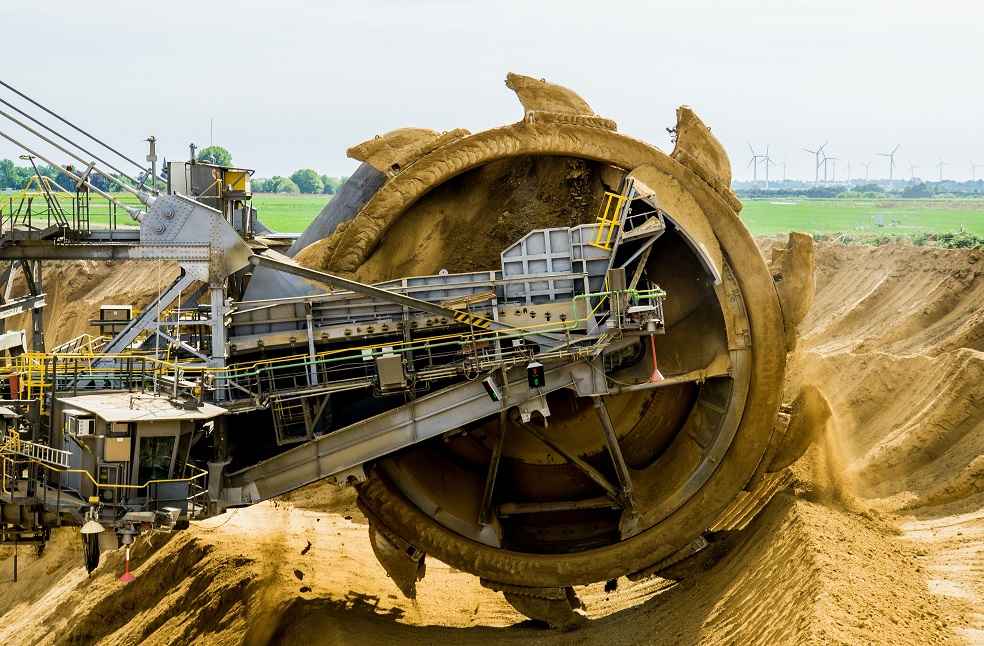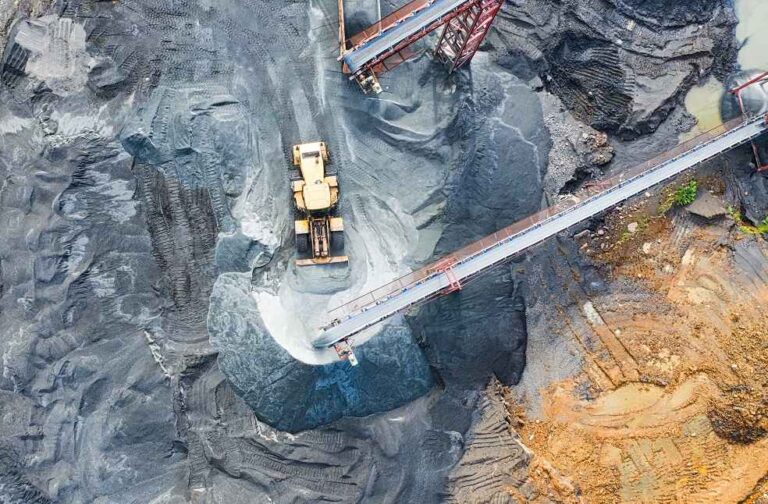Zimbabwe, Africa’s leading lithium producer, declared on Tuesday that it will prohibit the export of lithium concentrate starting in January 2027 to strengthen domestic refining capabilities and increase revenue from the value-added mineral.
At a post-cabinet media briefing, Mines and Mining Development Minister Winston Chitando stated that Zimbabwe is developing the capability to produce battery-grade lithium with support from two major Chinese-invested firms, Bikita Minerals and Prospect Lithium Zimbabwe.
“Because of the processing capacity which is now being developed in the country, the export of all lithium concentrates will be banned from January 2027,” the minister said.

The value-added facilities will convert lithium concentrate into lithium sulfate, a key material used directly in lithium battery production, he added.
Since Zimbabwe banned the export of unprocessed lithium ore in 2022, only lithium concentrates have been allowed for export. This regulation mandates producers to refine the ore into concentrates before shipment, adding value to the mineral. Now, the government seeks to expand value addition to boost local employment, increase mineral revenues, and drive industrial growth.
The nation possesses vast lithium reserves, primarily found as spodumene ores—a crucial mineral driving the global transition to renewable energy and electric vehicle manufacturing. Spodumene, a battery-grade material, plays an essential role in the future of electric cars.

Chitando encouraged lithium sector companies to establish lithium sulfate plants or form toll treatment partnerships to support those lacking refining capacity to process concentrates locally before the ban takes effect.
With rising global demand for lithium, a vital resource in the shift to renewable energy, Zimbabwe has seen significant investments in its lithium sector in recent years.
GLOBAL ROUNDUP | World Bank Warns of Slower Growth Due to U.S.-Led Trade Tensions



